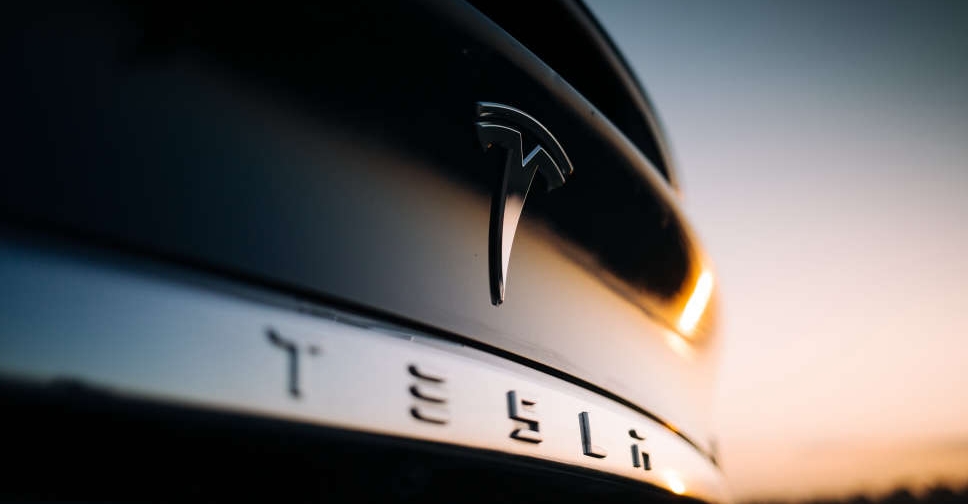
Tesla has canceled the long-promised inexpensive car that investors have been counting on to drive its growth into a mass-market automaker, according to three sources familiar with the matter and company messages seen by Reuters.
The automaker will continue developing self-driving robotaxis on the same small-vehicle platform, the sources said.
The decision represents an abandonment of a longstanding goal that Tesla chief Elon Musk has often characterised as its primary mission: affordable electric cars for the masses. His first “master plan” for the company in 2006 called for manufacturing luxury models first, then using the profits to finance a “low cost family car.”
Tesla shares fell nearly 5 per cent after the Reuters report.
He has since repeatedly promised such a vehicle to investors and consumers. As recently as January, Musk told investors that Tesla planned to start production of the affordable model at its Texas factory in the second half of 2025, following an exclusive Reuters report detailing those plans.
Tesla’s cheapest current model, the Model 3 sedan, retails for about $39,000 in the United States. The now-defunct entry-level vehicle, sometimes described as the Model 2, was expected to start at about $25,000.
Tesla did not respond to requests for comment.
The stark reversal comes as Tesla faces fierce competition globally from Chinese electric-vehicle makers flooding the market with cars priced as low as $10,000. The plan for driverless robotaxis, which could take longer to deliver, presents a stiffer engineering challenge and more regulatory risk.
Two sources said they learned of Tesla's decision to scrap the Model 2 in a meeting attended by scores of employees, with one of them saying the gathering happened in late February.




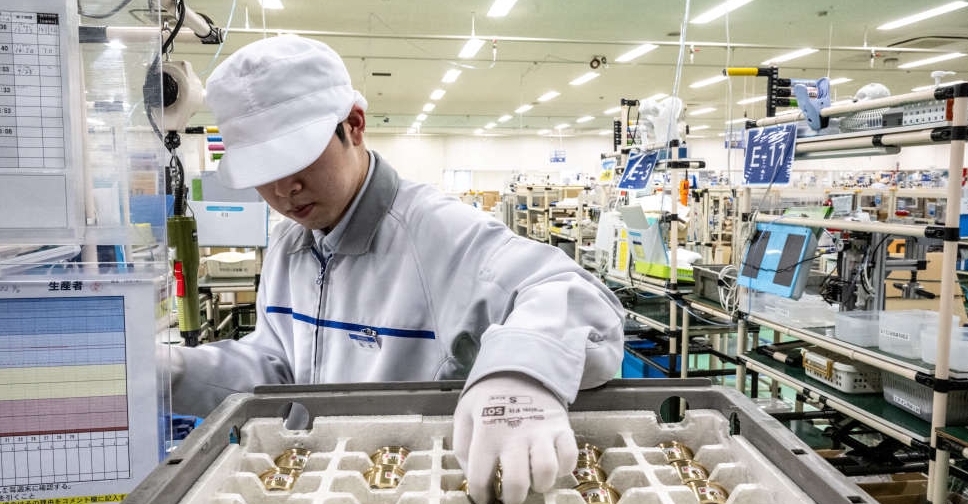 Japan compiles emergency economic package to ease tariff pain
Japan compiles emergency economic package to ease tariff pain
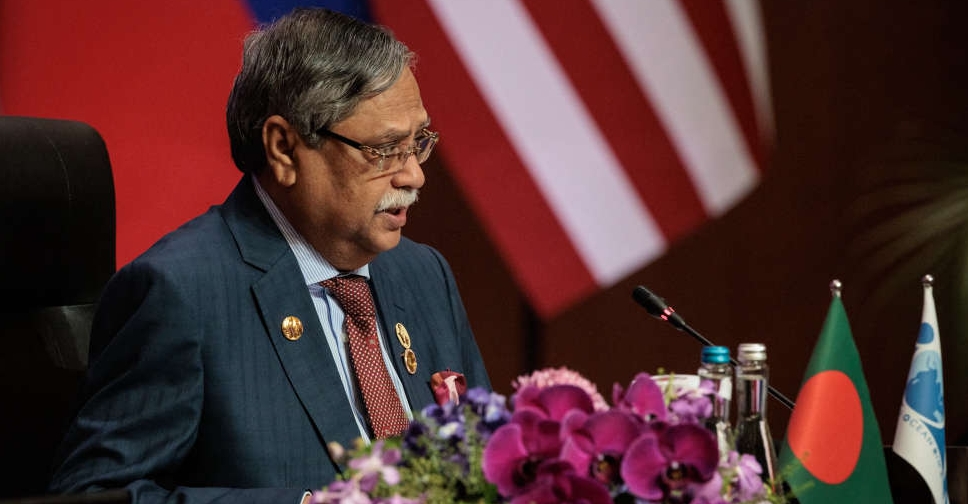 Bangladesh, World Bank sign $850 million deal to boost jobs, trade
Bangladesh, World Bank sign $850 million deal to boost jobs, trade
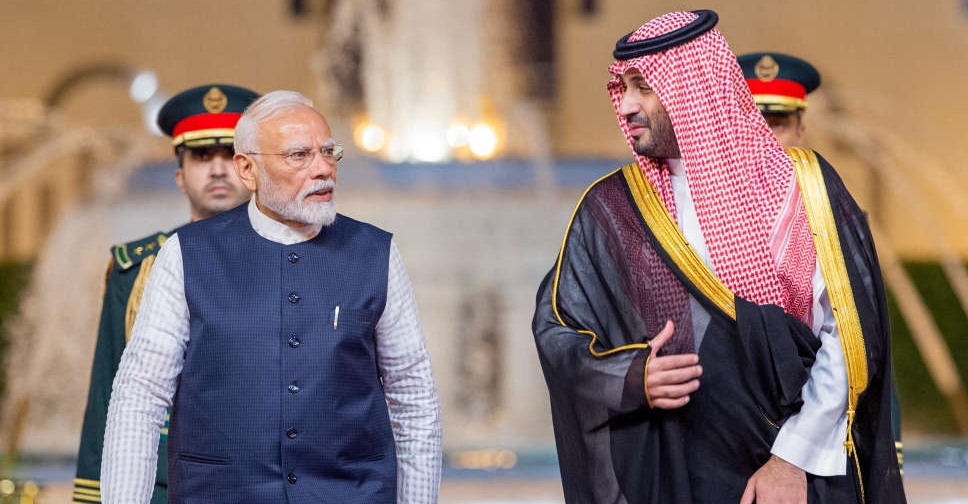 Saudi Arabia, India agree to boost cooperation in energy and defence
Saudi Arabia, India agree to boost cooperation in energy and defence
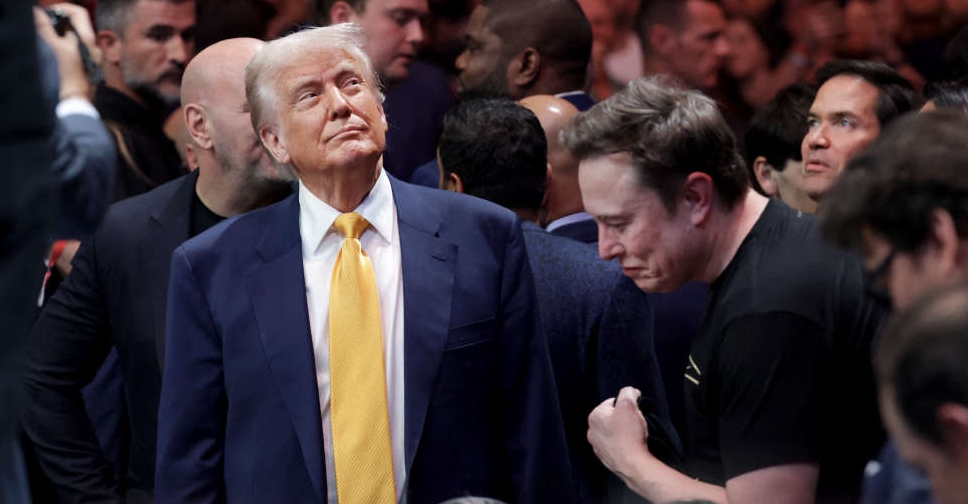 Musk, facing criticism and falling Tesla sales, to cut back DOGE work
Musk, facing criticism and falling Tesla sales, to cut back DOGE work


